For almost two decades, agriculturalists around the world have been sounding the alarm about the global disappearance of entire bee colonies, a vital link in the food chain whose absence is threatening the world’s food supply.
Scientists have determined that one of the primary causes of colony collapse disorder (CCD) is the Varroa mite, a pest that attaches itself to bees as they develop in their cocoons and feeds on them, transmits viruses to them and can even kill them.
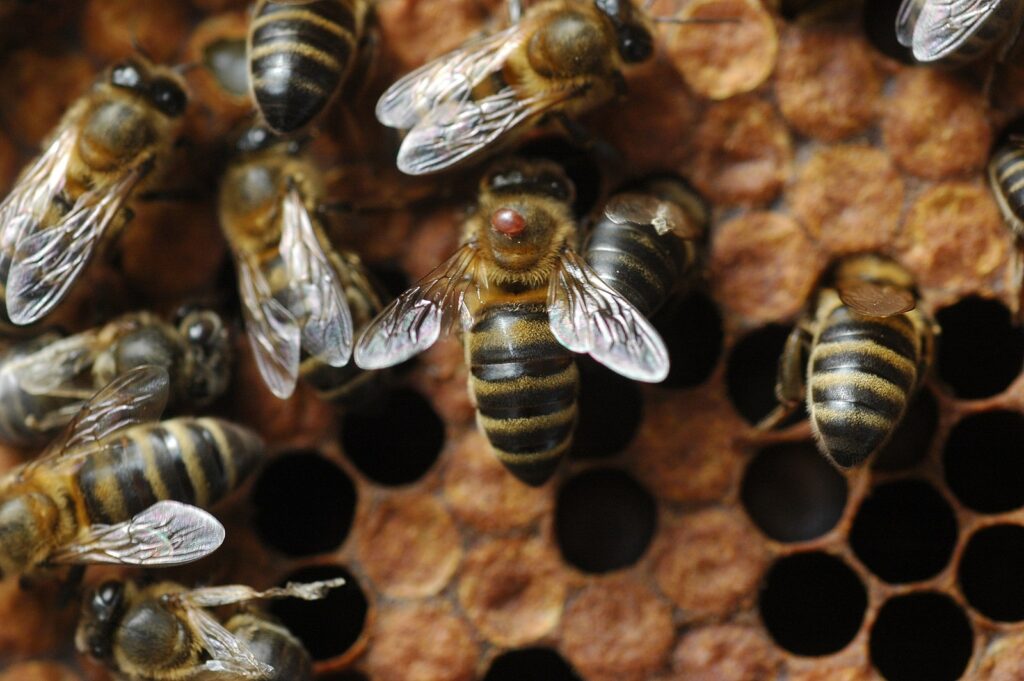
Israeli startup ToBe has developed a device that releases precise amounts of miticides in beehives to rid them of these parasites without harming the bees themselves.
Since the early 20th century, the Varroa mite has spread from Asia to colonies of Western honey bees – the primary species used for pollination of our crops – in almost every part of the world.
Avner Einav, VP of product at ToBe, tells NoCamels that the mites infect beehives with several kinds of viruses and cause 30 to 60 percent of colony losses every year.
“These mites don’t just affect the bees,” he says. “They affect all of us.”

The HiveMaster emits tiny pulses of pesticide gas which ensures the treatment spreads around the hive evenly. It uses sensors and smart algorithms to understand the health of the colony and determine the activity of the bees before proceeding.
For example, it will wait to emit the miticide in the winter should it detect that the bees are cold and have a slower metabolism, which makes their immune system weaker. The beekeepers can choose whether they want the HiveMaster to emit a natural or synthetic miticide.
“Our technology ensures that bees remain strong and support mankind’s ability to continue commercial, large-scale agriculture,” Einav says.

The device itself simply needs to be inserted into man-made beehives. Once inside, it starts collecting and transferring data to a complementary smartphone app, where beekeepers can use it to make better decisions on the maintenance of their colonies.
Less Is More
Even beekeepers who decide to spray miticides in their hives themselves – another common form of treatment – often overuse these pesticides and disrupt the colony due to multiple visits during the day.
And exposure to high concentrations of pesticides have been shown to damage bees – particularly the intestines of larvae, who end up maturing as weaker adults.
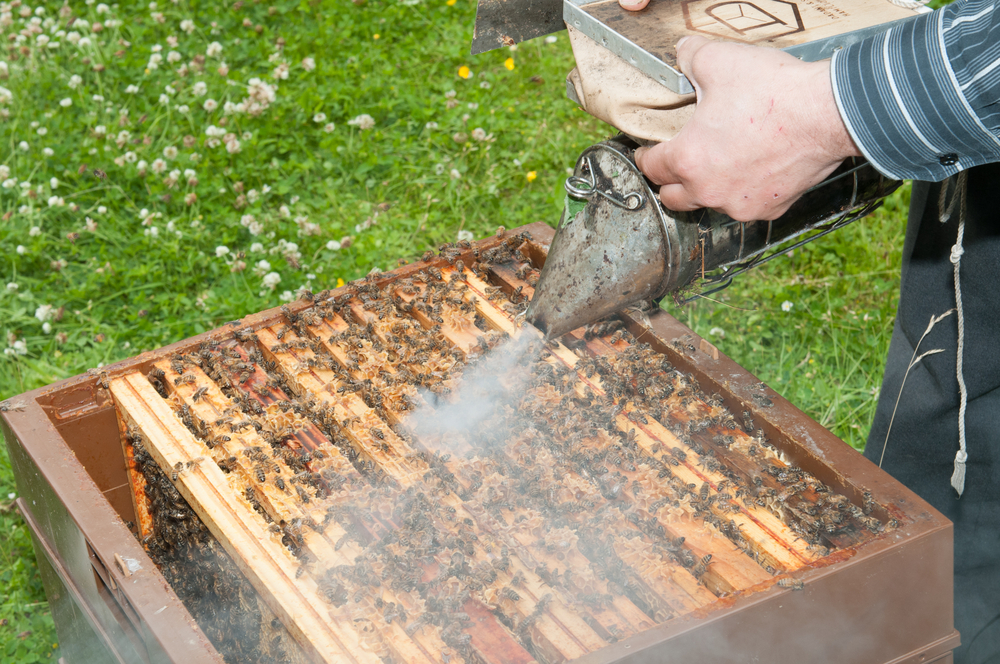
“At the end of the day it’s toxic to the bees as well,” says Einav. “Beekeepers need to be able to treat the mites without damaging the bees, but it’s the biggest challenge of the industry,” he said.
Sign up for our free weekly newsletter
SubscribeEarlier this year, ToBe conducted a pilot with Wonderful Bees, one of the biggest beekeeping operations in the United States, to compare the efficacy of its device to conventional anti-Varroa treatments.
One group of beekeepers inserted strips doused in a heavy concentration of pesticides into their hives – a standard defense used against the Varroa mite today – while the other group of beekeepers used the HiveMaster device.
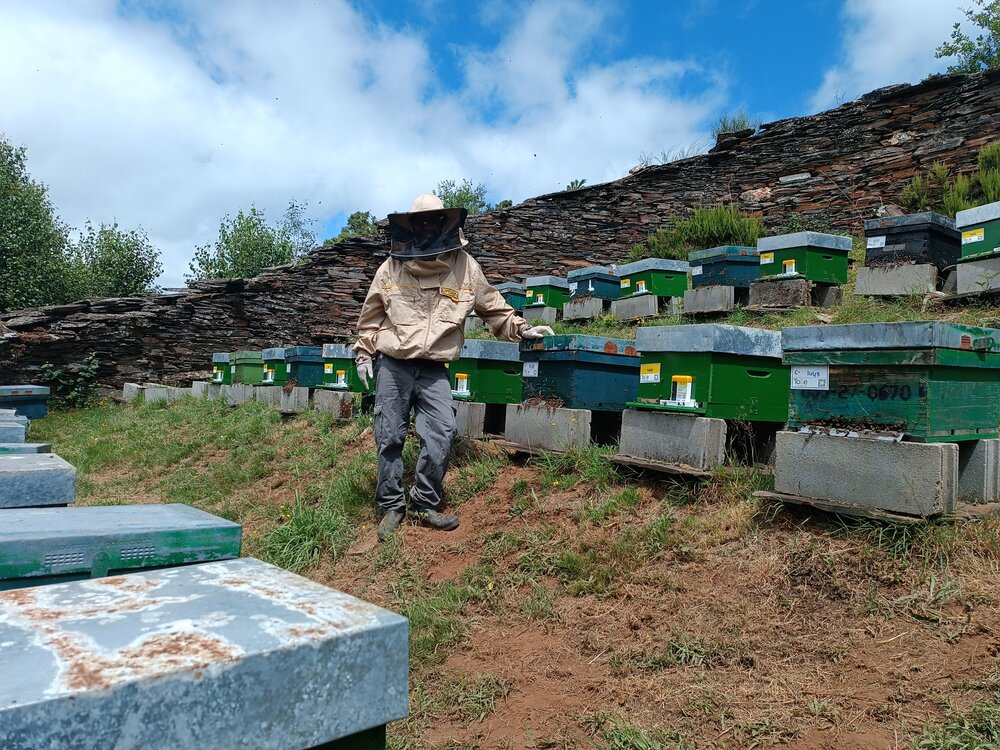
In the trial, the strips were coated with one gram of the amitraz insecticide, which prevents the Varroa mite from spreading when bees come into contact with it and one another. By contrast, The HiveMaster used just 0.2g of the pesticide – 80 percent fewer pesticides – which was dispersed only during specific times.
After 15 days, those who used the HiveMaster found that the treatment was 95 percent effective and that it had reduced the Varroa infestation from 4.5 percent to 0.2 percent. The pesticide-coated strips, on the other hand, were 30.5 percent effective and only reduced the infestation from 4.6 percent to 3.2 percent.
A Middle Ground
Israel has in recent years seen the establishment of several agritech companies aiming to save the bees. Beewise, for example, has developed an autonomous beehive that can monitor the health of bees, control the environment and even harvest the honey, while BeeHero uses tiny in-hive sensors to relay real-time information and warnings on the health of the bees to farmers.
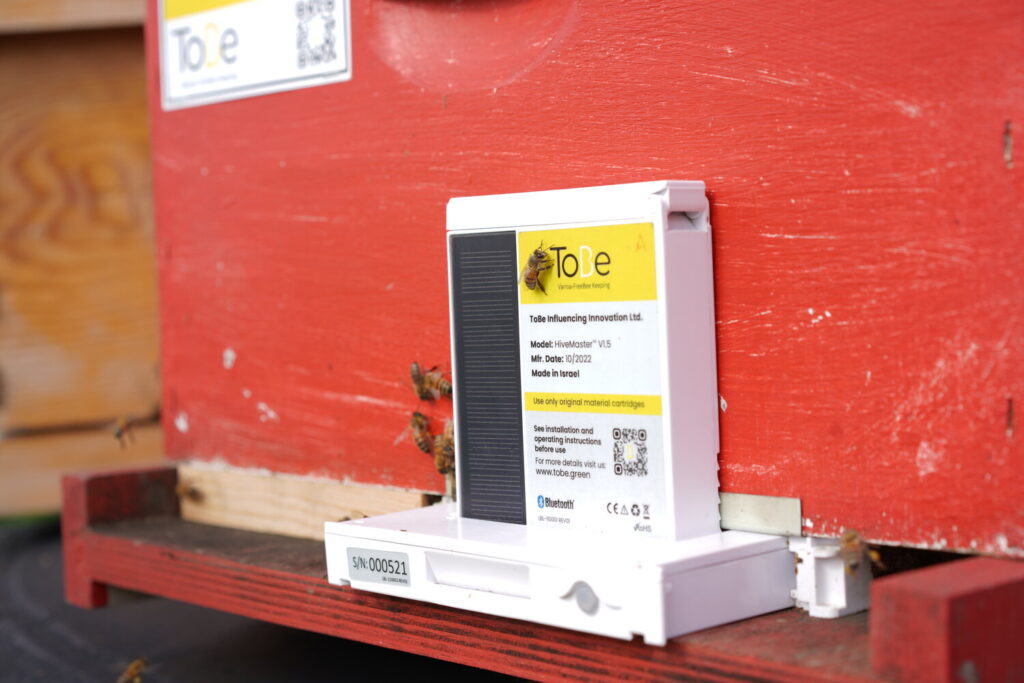
But unlike tech-reliant startups that are still too expensive for many beekeepers, ToBe combines traditional beekeeping methods with holistic, high-tech solutions.
According to Einav, this provides an alternative for beekeepers who want to optimize their colonies while still remaining hands on.
“I’m a beekeeper myself, and I don’t want a machine to do all of my work,” he says.
ToBe, which was founded in 2018 and is based in the central town of Beit Berl, is currently providing its solution as a subscription service to Israeli beekeepers. Einav says it will soon be placed in 7,000 Israeli colonies – around six percent of the country’s beehives.
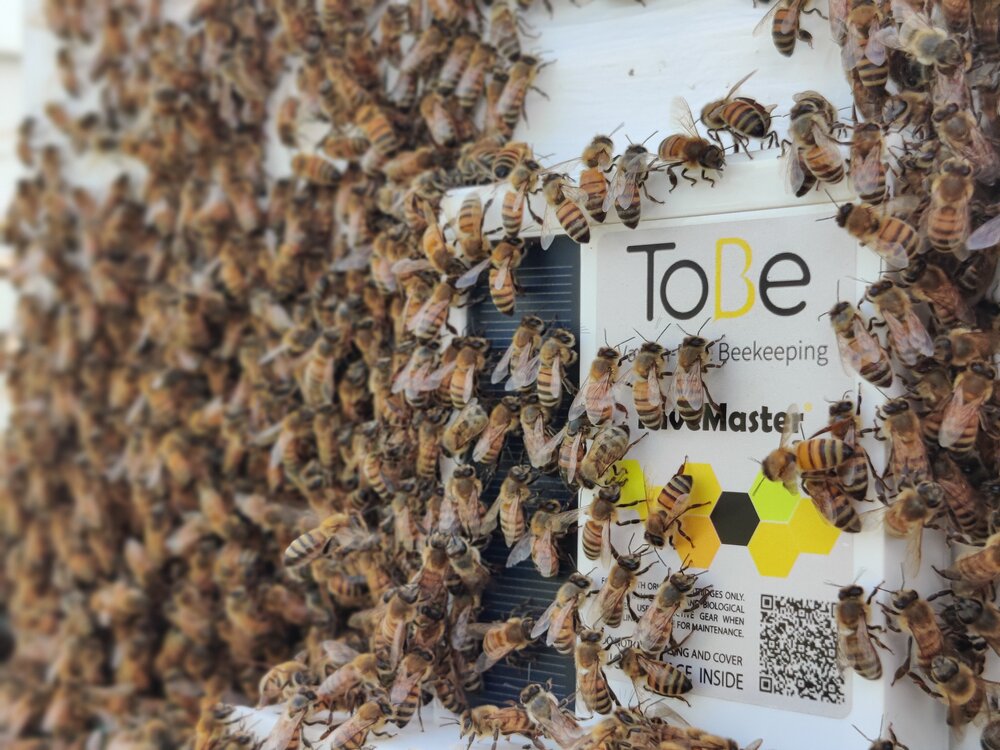
It is also in the process of receiving regulatory approval in the US, Asia and Europe.
“Any other industry related to animals now has technology that allows farmers to be more precise,” he says. “But in the bee industry, not so much.”
“And when the bees are healthy, nature flourishes.”

Related posts

Editors’ & Readers’ Choice: 10 Favorite NoCamels Articles

Forward Facing: What Does The Future Hold For Israeli High-Tech?

Impact Innovation: Israeli Startups That Could Shape Our Future


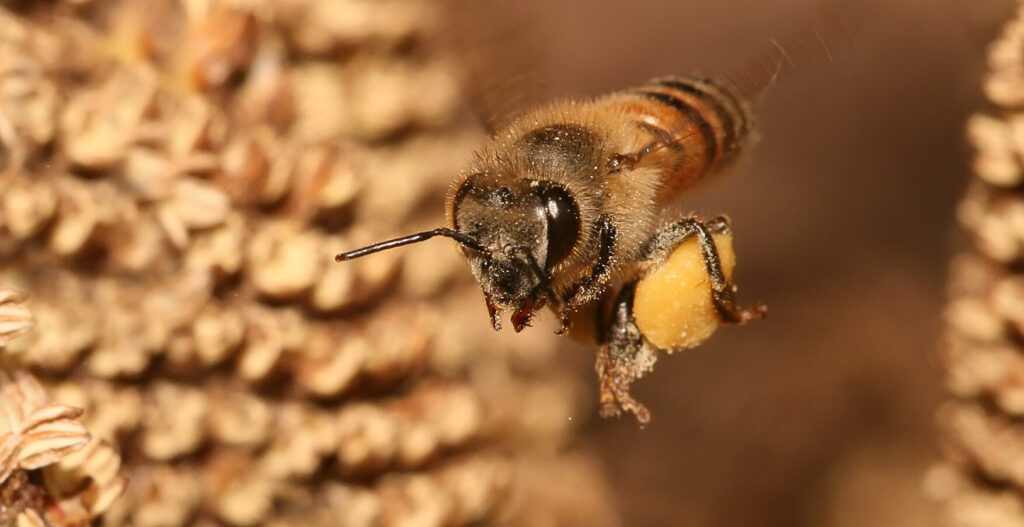

Facebook comments